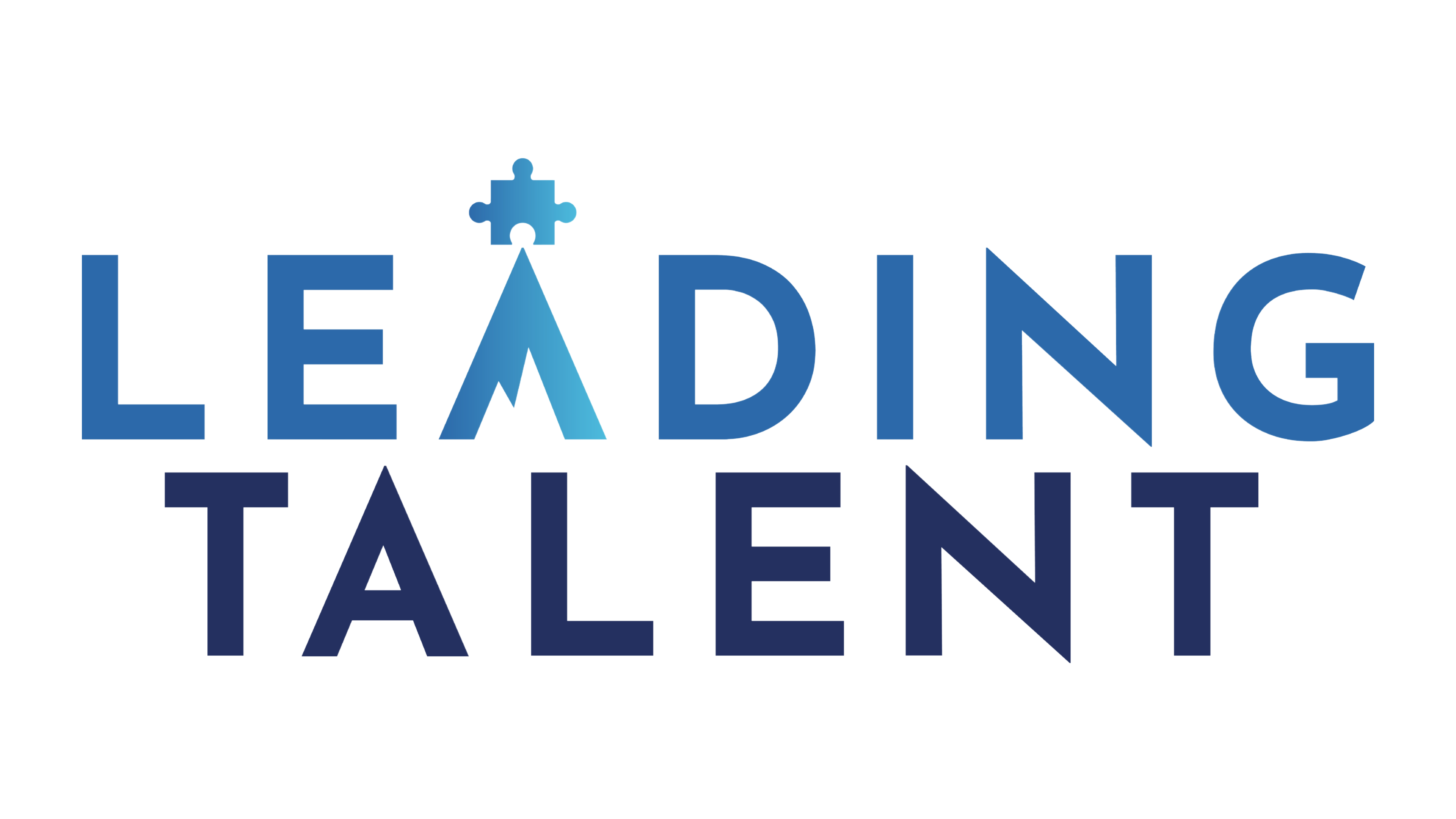9th January 2025
Published by Tyrell Drysdale
Tech Monopolies and Antitrust Laws: A tipping Point in 2025
In recent years, the dominance of major technology companies has sparked concerns regarding monopolistic practices and the need for stronger antitrust enforcement. Entering 2025, regulators and lawmakers are increasing their efforts to curb the influence of tech giants with antitrust laws evolving in response to the growing market concentration.
The term “big tech” has come to symbolise the unprecedented market power held by a small number of the companies that control vast sectors of the digital economy. It is expressed in ‘Antitrust: Commission fines Google €2.42 billion for abusing dominance as search engine by giving illegal advantage to own comparison shopping service‘ that in 2024, the European Commission fined tech giant, Google, $2.8 billion over antitrust violations related to its online shopping service. It is obvious that the organisation continues to be not only a prominent figure, but a leading “big tech” company that dominates search engines, social media, cloud services, and online retail; regulators are under increasing pressure to ensure fair competition. As a result, it is said that the US Federal Trade Commission (FTC) and the European Union are expected to take more aggressive measures as of 2025.
Do you think tech giants hold too much of the playing field?
New Antitrust Legislation
Both the US and the EU are moving towards comprehensive frameworks to address the challenges posed by tech monopolies. In 2023, the EU Digital Markets Act (abbreviated at DMA) came into force, aiming to limit the power of “gatekeeper” platforms that dominate digital markets. The Act will start influencing how major tech giants, including Google and Apple, operate in that jurisdiction; especially when it comes to applications like the App Store policies and data sharing practices.
Additionally, the American Innovation and Choice Online Act, which seeks to essentially prevent tech companies from using their dominance to favour their own products and services, is expected to gain more traction in 2025. Moreover, US lawmakers are exploring how antitrust laws can be adapted to account for the unique challenges of the digital economy, such as data-driven monopolies and network effects that make it difficult for smaller competitors to enter the market.
The Challenges
Enforcing antitrust laws in the tech sector can prove complex. The “network effect,” where the value of a service increases as more people use it (social media or online market places for example), can create natural monopolies, making it increasingly difficult for regulators to prove anti-competitive behaviours. An example of this is Amazon’s control over e-commerce may possibly be viewed as barriers to entry, yet they can argue that they provide superior user experiences.
Tech giants often use and prioritise consumer data to refine their products and services, giving them a competitive edge – take Mark Zuckerberg’s recent ‘More Speech and Fewer Mistakes | Meta by Joel Kaplan‘ approach as an example. As a result, regulators are increasingly concerned about how such tech giant use and process data to stifle competition, with calls for stricter regulations on data privacy and market transparency.
Conclusively, the influence of big tech companies continues to grow, so too does the global call for stronger antitrust measures. with new legislation on the horizon, 2025 could mark a pivotal year for tech monopolies, as they face increased scrutiny and more stringent rules designed to level the playing field.
What do you think the world of Antitrust law will look like in 2025?
Also see:
- The Digital Markets Act: ensuring fair and open digital markets.
- FTC and DOJ Withdraw Guidelines for Collaboration Among Competitors | Federal Trade Commission
- Cybersecurity | Digital | McKinsey & Company
- New Year’s resolutions for tech in 2025 | McKinsey
- Challenging the Giants: Big Tech’s Growing Antitrust Battles in Court – Capstone DC
